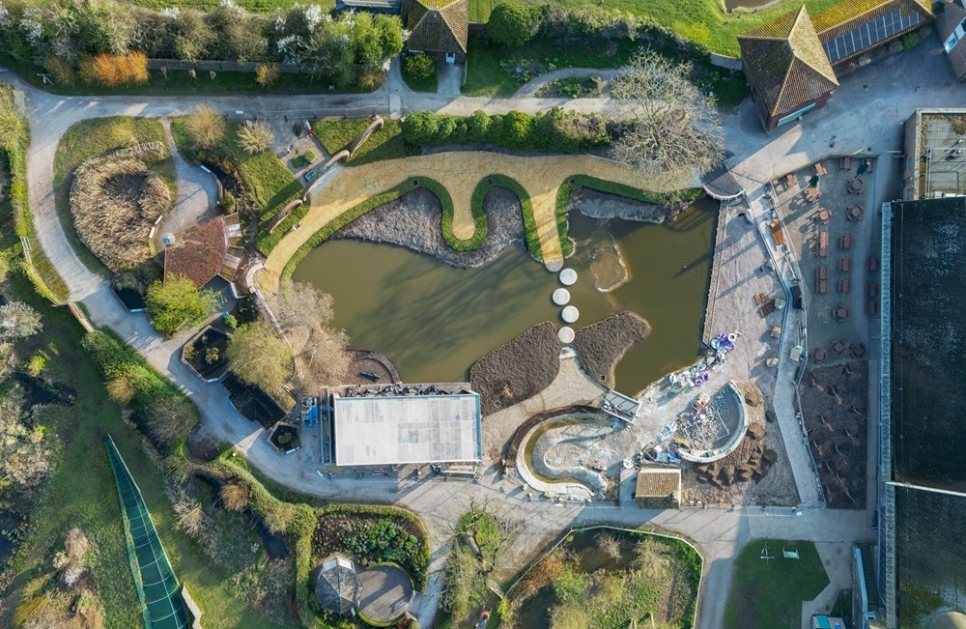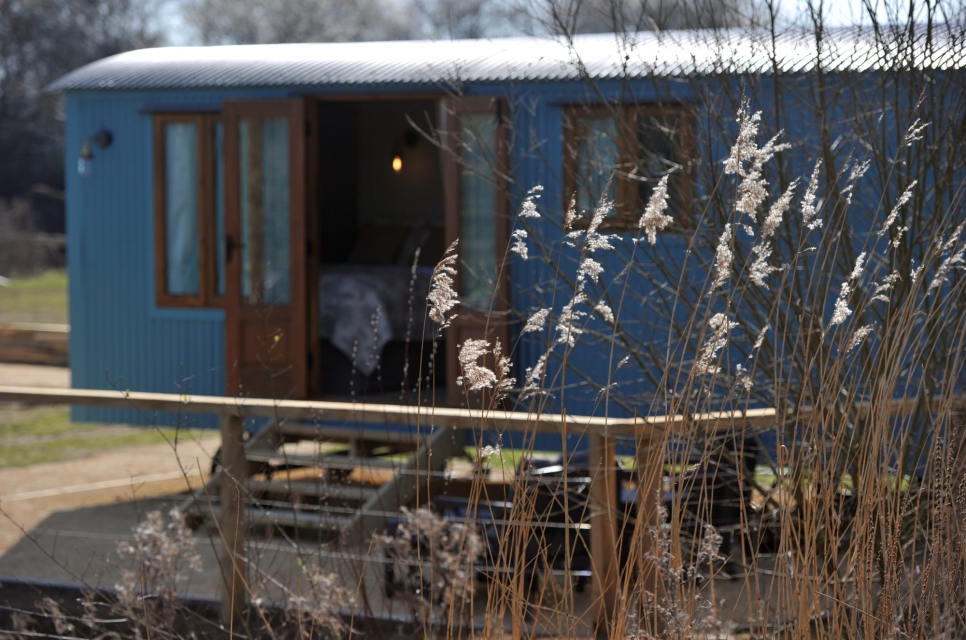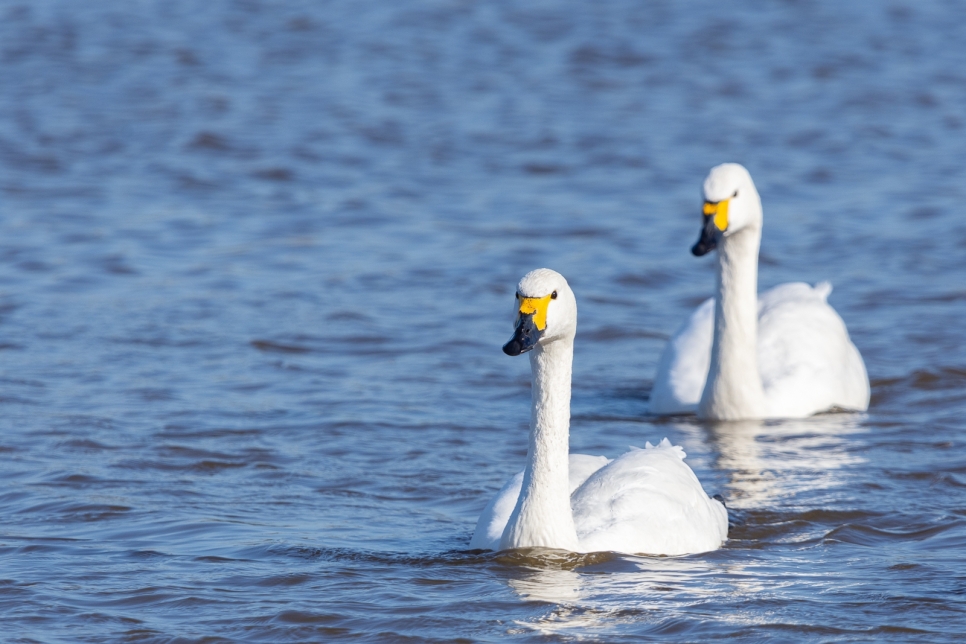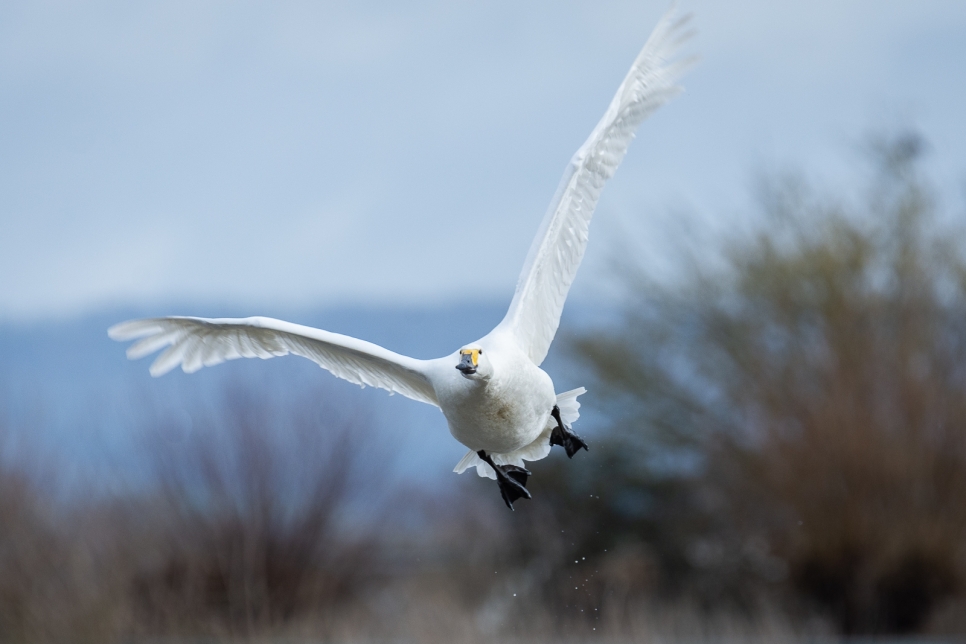Rare geese win race to hatch first 2012 young
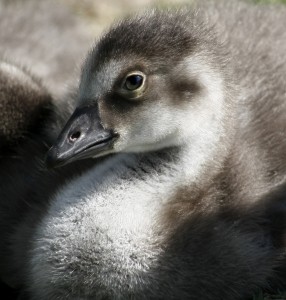
Some very special youngsters are attracting attention at a wildlife centre in Gloucestershire.
Slimbridge Wetland Centre’s Hawaiian geese are the first to have hatched their young this year.
With temperatures still dropping low at night the families have been taken up to the Gloucestershire Centre’s Duckery for a couple of weeks before they can be released back into the attraction’s grounds.
Phoebe Young, Duckery warden, said: “The Nenes hatch their first goslings from as early as February every year in correspondence with their natural southern-hemisphere season.
“Despite acclimatising to UK weather, they still prefer to hatch their young in association with their wild counterparts on Hawaii.”
“The families are protected from night time chills within the off-site Duckery area for two to three weeks, but will be back in the grounds in time for the Easter holidays ready to greet our visitors!”
The Hawaiian Geese, or as they are commonly known Nenes, are a popular bird at Slimbridge as they happily hand feed from visitors’ hands and have attractive markings.
Many of them are adopted through a scheme which allows families to follow the individuals throughout the generations.
This year is also a milestone year for the species whose numbers dipped dangerously close to extinction in the 1950s.
Three birds were taken from the wild and brought to Slimbridge in 1952, and after these were then bred successfully over a 10 year period the first pair of geese was reintroduced back onto Hawaii in 1962. Many more birds were reintroduced in the years following that.

The goose still remains the rarest goose in the world, although its future is now controlled and stable thanks to continuous efforts made by conservation organisations such as the Wildfowl & Wetlands Trust, which has its headquarters at Slimbridge.
To celebrate the survival of this important goose the Easter activities at the Centre are themed around it.
From Saturday 31 March to Monday 15 April visitors will be able to meet the nenes in a specially designated area, follow a trail to learn more about them and make their own goose in our discovery centre.
Phoebe added: “Our regular visitors love the Nenes so we are excited about having lots of activities themed around them. If you have never met the rarest goose in the world, now is your chance!”
To find out more visit our website at www.wwt.org.uk/slimbridgeand Phoebe’s blog on the Slimbridge main page.
